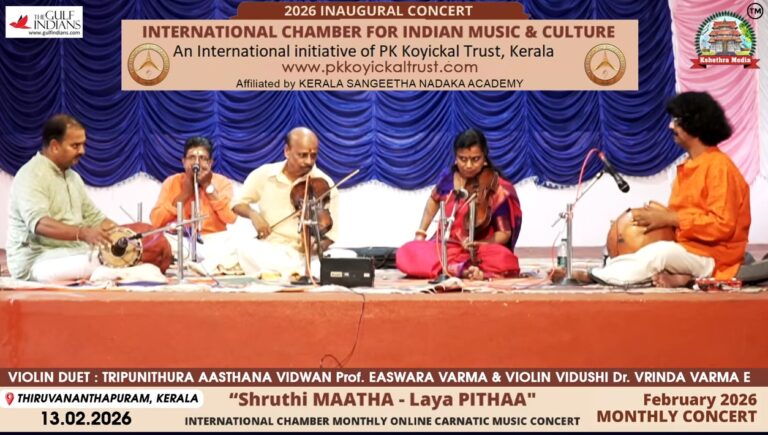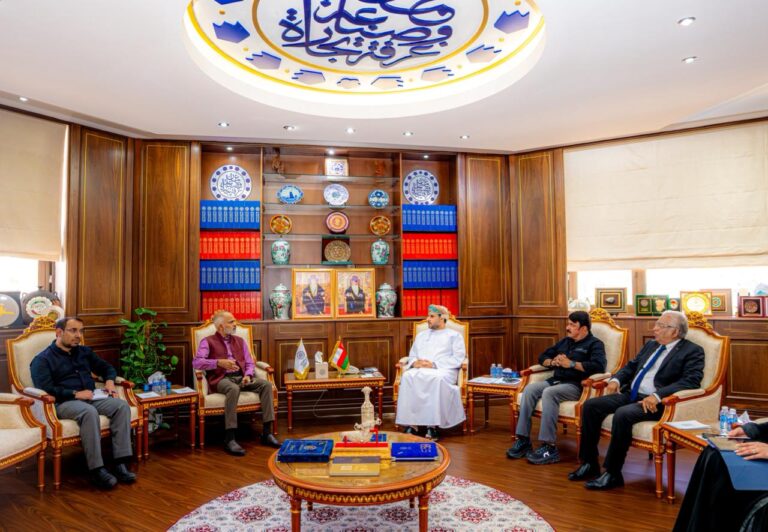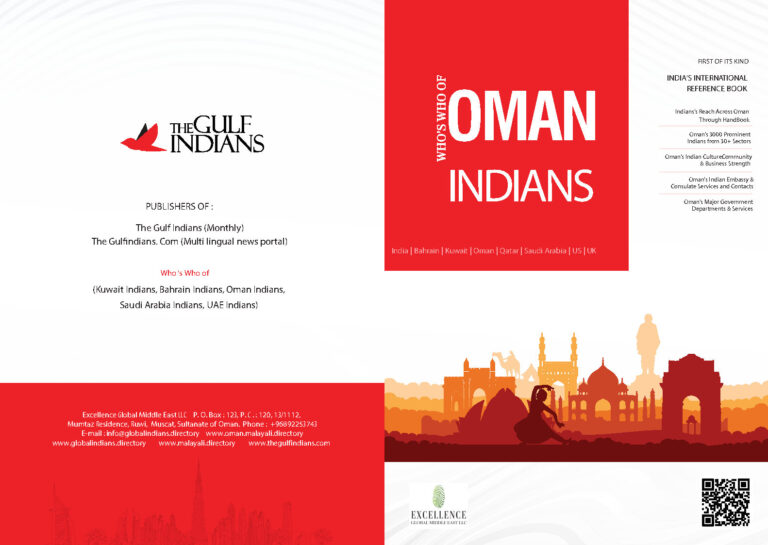Rehna left the UAE two years ago. Forever! She returned to her 8-year-old daughter and farmer husband fending for themselves in a village that is a three-hour bus ride from Dhaka. She would now be leading the cloistered life of a Bangla Muslim as opposed to her life here, independent and unhindered, running from house to house by the hour vacuuming homes and scrubbing bathtubs and what not.
Judging from the timing of her departure, I assumed she made use of the amnesty programme the UAE granted for visa defaulters, which allowed them a safe passage home after fine waivers with embassies and expat associations aiding them in settling bills or buying a flight ticket. Though she claimed she worked on a visa provided by a citizen (which comes at a hefty price for poor women like Rehna), she was probably working illegally towards the end of her tenure like many other Bangla – and some Sri Lankan – women scurrying around the residential areas of Sharjah in their black robes, PU leather bags and rexin sandals often looking at you hopefully for part-time employment. Many Arab and South Asian households employ them on a regular basis because, as Rehna said, they need someone to do the tedious chores.
She came to me first as a chimney cleaner sent by the watchman; apparently she had received some professional training in housekeeping before coming to the Gulf. Going by her accented pronunciation of her name, I called her Rihanna for a while. What a cool name, I thought. She couldn’t handle consecutive consonants, so brush was burush and Clorox was Colorox.
To me, initially she was a luxury I dared afford once a month or so. And when she left each time, the house would be sparkling clean because she would have dusted every nook and cranny and shifted heavy sofas to vacuum dust underneath them. Mirrors, chimneys, window panes and bathtubs shone once she had completed her tasks. She was nothing like the maids I was used to in India. She talked little except when asked and expected no refreshments except a glass of water. Her chubby face and tiny frame exuded tremendous energy as she worked, and in the two years I knew her I grew to trust her around the house. I think I still miss the young gutsy woman I am not likely to see again.
I now occasionally employ a tall and well-built young Bangla woman who greets me with an excited bhabhi each time she comes home and chatters happily in Hindi if I have the time to listen. Married off at 13 and abandoned three months later, she chose to fly to the Gulf to give her little daughter, left in her mother’s care, a brighter future. She is now bravely fending off marital proposals for her 9-year-old as well as proposals for herself. Majida is an admirable copy of a self-made woman, a Bulbul minus the dark streak of the protagonist in the recent Hindi movie by the same name. Curiously, it is the Bangladeshi who is called a Bengali here in the Gulf and not the Indian Bengali.
The UAE has helped many hapless women like her rise up and live a dignified life. Like ants and worker bees, they work hard and non-stop scraping enough after their boarding and other expenses to send back home.
They are not alone. Filipinos, Indonesians and African women also fill the need for housemaids and nannies in the Gulf. The former usually work for professional cleaning companies, bussed to client houses during the course of the day, or are high-end caregivers preferred by English-speaking expats owing to their fluency with the language. The latter two nationalities are usually live-in maids or nannies in Arab households, often seen in their conspicuous uniforms in malls and parks. Being Muslim and knowing Arabic are plus factors for some of them.
Whether Nigerian, Kenyan, Bangladeshi or Filipino, most of them have a tale of hardship and a few mouths to feed in their homeland. Abandoned, separated or widowed, they flock to the Gulf in the hope of a brighter future. The deployment rules have been tightened to prevent abuse and exploitation by employers and recruitment agents. The Indian government’s eMigrate system, for instance, tries to ensure through its embassies and consulates that its nationals get a fair deal in a foreign country.
Whatever, it has been a pleasure to interact with fellow Asians from the subcontinent in the UAE and know how alike we are in a lot many ways.












